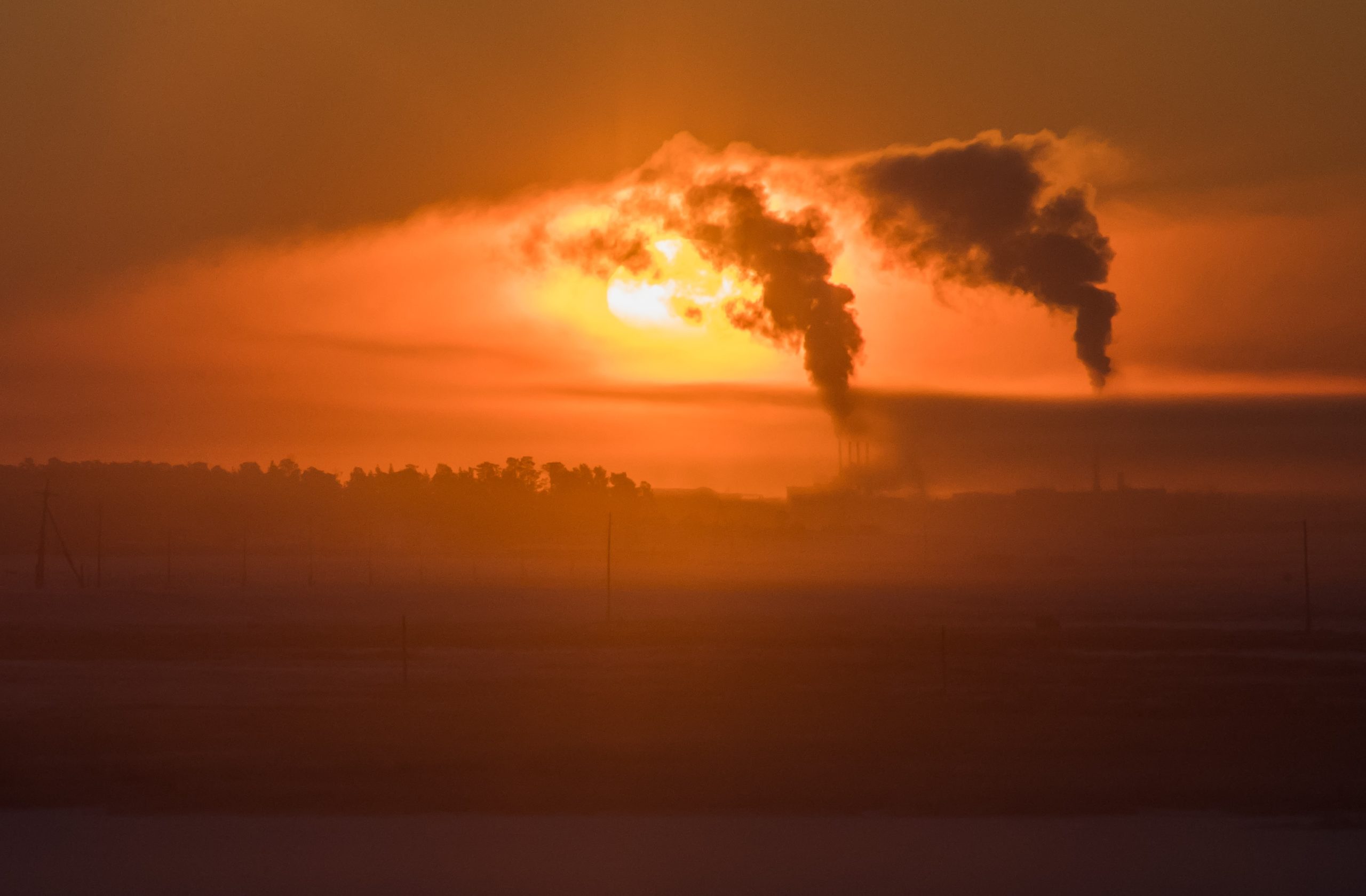Russia central bank sees GDP drop of up to six pct in 2020
Going up in smoke: Russia’s economy will plunge this year (Mladen ANTONOV)
Moscow (AFP) – Russia’s Central Bank on Friday said the economy would shrink by four to six percent this year, as hopes of a revival were dashed by the coronavirus and falling oil prices.
“The Bank of Russia has substantially reviewed its baseline scenario parameters. GDP is forecast to decrease by four to six percent in 2020,” it said in a statement.
Measures to prevent the spread of the coronavirus and the decline in oil prices have had “a substantial negative impact on economic activity”, it said.
Growth will start to recover at 2.8 to 4.8 percent next year and go on to 1.5 to 3.5 percent in 2022, it said, while predicting the price of oil to rise from $27 per barrel to $35 in 2021 and $45 in 2022.
The board of directors also cut the bank’s key interest rate by 0.5 percentage points to 5.5 percent.
It was the first time since early 2014 that the rate has been cut this low, and the bank said it “holds open the prospect of further key rate reduction”.
“The situation has changed dramatically” since the board last met in March, with “significant restrictive measures” introduced worldwide slowing down the economy, it said.
The central bank expects Russia’s exports to fall by 40.3 percent to $250 billion this year, and imports by 18.5 percent to $207 billion, Interfax reported.
The price of oil, a key Russian export, plummeted even before the coronavirus lockdown due to a price war between Russia and Saudi Arabia after Moscow refused to cut supply.
But after the world’s exporters agreed to cut output, crude had begun to recover.
– Anti-crisis measures –
Russian President Vladimir Putin on Thursday said that while coronavirus poses a serious health threat, the pandemic’s “impact on the economy, on entire sectors, is just as dangerous.”
The Capital Economics consultancy on Thursday predicted that “emerging Europe will experience its largest decline in real GDP this year since the collapse of the Soviet Union.”
Putin first announced the country’s version of the lockdown — a “non-working” week — on March 28, later extending it to the end of April.
He said companies would be expected to pay salaries in full, even if work activity could not continue.
The government has been phasing in anti-crisis measures, such as loan payments deferals or cheap loans, but Putin conceded on Thursday that many Russians cannot access the relief.
Banks “either deny immediately, take a long time or make impossible demands,” he said.
In an analysis of the anti-crisis measures so far, Alfa Bank analysts said direct aid has amounted to just 0.3 percent of the GDP and was lower than in other countries.
Russia has registered 68,622 cases of coronavirus infection and 615 deaths so far.
The head of Russia’s health watchdog Anna Popova on Thursday said more than half of these cases show no symptoms.
The situation “is developing positively,” she said at a government meeting on the virus, but added it was too early to ease lockdown restrictions.
Disclaimer: Validity of the above story is for 7 Days from original date of publishing. Source: AFP.


